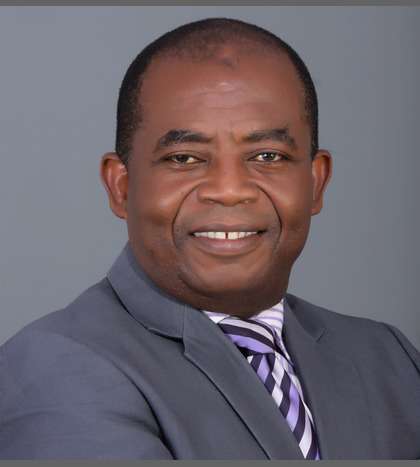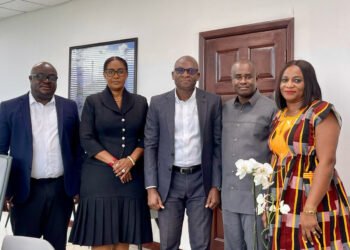The Ghana Insurers Association (GIA) is strongly defending its proposal for a 10% increase in motor insurance premiums, arguing that the adjustment is essential due to the high cost of doing business in the industry.
The proposal, which was originally set to take effect on February 1, was put on hold by the National Insurance Commission (NIC). However, industry stakeholders maintain that the increase is necessary to sustain operations and enhance service delivery to the general insuring public.
According to the Chief Executive of GIA, Dr. Kingsley Kwesi Kwabahson, the association is committed to ensuring that policyholders receive quality service. He emphasized that without an upward adjustment in premiums, it would be challenging for insurers to continue offering comprehensive benefits to customers.
“We do not just talk about the 10%. We have increased the third-party property damage limit by 33.33%, and that emphasis should be made. It is in line with that objective of giving better service, moving it from GH₵6,000 to GH₵8,000.”
Dr. Kingsley Kwesi Kwabahson
Dr. Kwabahson pointed out that the premium hike is not simply an additional cost imposed on policyholders but rather a necessary measure to match the increased benefits offered by insurers.
“We thought there should be a commensurate way of charging so we achieve that objective. So the emphasis should be given to the better benefit that we are giving to our client rather than the small increment that we are asking policyholders to pay.”
Dr. Kingsley Kwesi Kwabahson
Balancing Costs and Customer Benefits
The insurance industry in Ghana, like many others globally, faces rising costs due to inflation, higher claims payouts, and the need for improved risk management frameworks. Dr. Kwabahson stressed that these factors necessitate periodic adjustments in premiums to ensure that customers receive fair compensation in the event of accidents.
He further explained that the proposed increase would allow insurers to meet their obligations more effectively. “The customer must be adequately compensated; hence the need to increase the premium to cater for the extra cost,” he stated.
While the proposal has drawn some public scrutiny, the GIA maintains that the increase is reasonable given the improved compensation limits that come with it. Dr. Kwabahson reiterated that without such adjustments, insurers may struggle to fulfill claims efficiently, which could negatively impact policyholders in the long run.
Public Reactions and Regulatory Intervention
The NIC’s decision to suspend the implementation of the proposed increase suggests that regulators are taking public concerns into account. Motor insurance remains a critical service for vehicle owners in Ghana, and any increase in costs naturally raises concerns about affordability.
However, industry players argue that maintaining current premium rates without adjustments could lead to financial strain on insurance companies. If premiums do not align with the rising costs of claims and service delivery, insurers may find it difficult to sustain operations, which could ultimately affect customers.
The debate over the proposed increase highlights the broader challenge of balancing affordability with the financial sustainability of the insurance industry. While policyholders may be wary of paying higher premiums, they also expect prompt claims settlements and improved coverage.
As discussions between the GIA, the NIC, and other stakeholders continue, it remains to be seen whether the 10% increase will be implemented in its current form or adjusted to reflect further negotiations.
For now, the GIA remains firm in its position that the premium adjustment is not only justified but necessary to maintain service quality. Dr. Kwabahson has called on policyholders to view the increase as a step towards better service rather than just an additional cost.
READ ALSO: Tunisia Sentences Opposition Leader Rached Ghannouchi to 22 Years





















